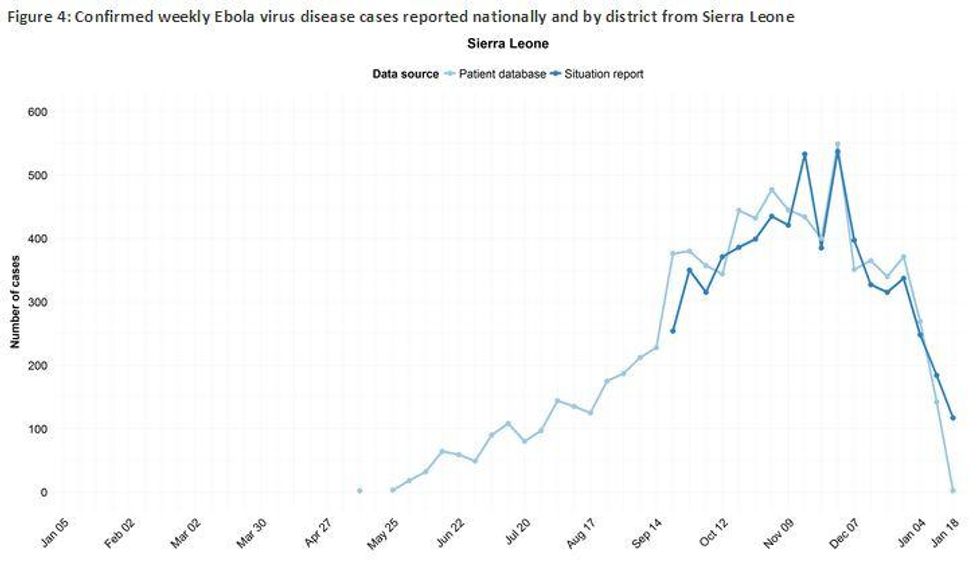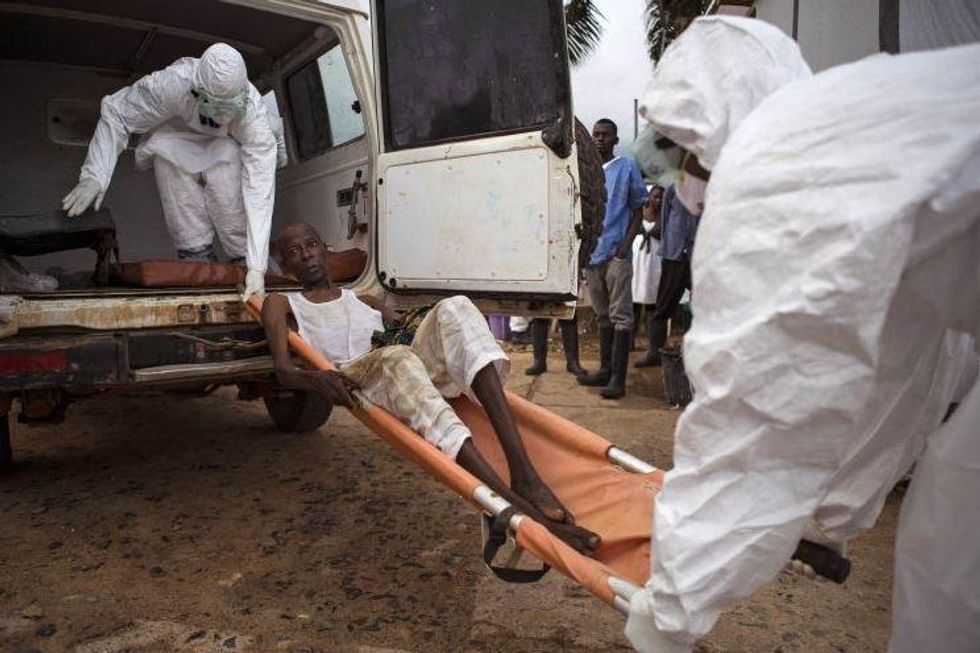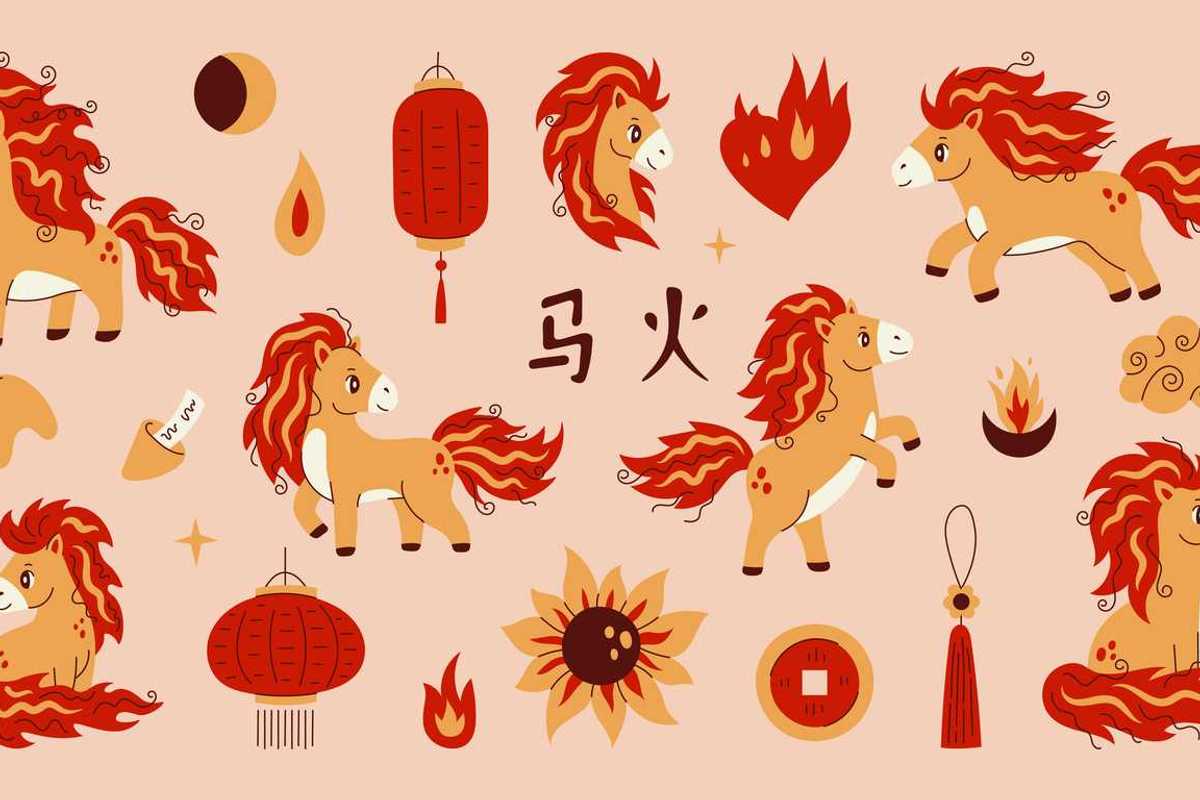News
Francesca Washtell
Jan 24, 2015
The Ebola epidemic which has raged through Liberia, Guinea and Sierra Leone since last year is by no means over, with the disease continuing to claim victims and new cases still emerging.
However, several recent pieces of good news show there are reasons to be optimistic...
1. Pauline Cafferkey, the British nurse who contracted Ebola while working in Sierra Leone, has made a complete recovery and has been discharged from hospital.
The nurse, from Cambuslang in South Lanarkshire, had been a volunteer with Save the Children and was initially admitted with the disease on December 29th. She spent more than three weeks in the Royal Free Hospital, where she was critically ill for a time, before being discharged on Saturday evening.
2. The number of Ebola cases is rapidly falling in Guinea, Liberia and Sierra Leone.
In the latest Ebola Situation Report from the World Health Organisation (WHO) statistics show that new the number of new cases is falling - and quickly.
Ebola cases are now halving every 10 days in Guinea, every 14 days in Liberia and every 19 days in Sierra Leone.
Only 20 confirmed cases were reported in Guinea in the week leading up to January 18, compared with 45 the previous week, while in Liberia just eight new cases were confirmed.
New cases have also fallen in Sierra Leone, where in the week leading up to January 18, 117 cases were recorded, a decrease from 184 in the previous week and 248 the week before that, as Vox reports.
3. Two districts of Sierra Leone have now been declared Ebola-free.
Pujehun and Kailahun have become the first two districts in the country to be declared Ebola-free - Sierra Leone is divided into 14 districts in total.
Reacting to the announcement of Pujehun's Ebola-free status, Nik Hartley, CEO of Restless Development, a British international development charity, said:
This fragile achievement demonstrates the potential of a community response to preventing new Ebola infections which is British-backed, but led by Sierra Leoneans, and in particular by young people who are determined that their country does not lose any more years to tragedy.
"However, we must treat this milestone with caution as well as hope. We have a long way to go to even start turning the tide on Ebola in Sierra Leone."
4. Mali was also declared Ebola-free this week by the WHO.
Following a 42-day period with no new cases, on January 18 Mali's government and the UN declared the West African nation was Ebola-free.
Seven deaths caused by Ebola were recorded in Mali after the first case was detected in a two-year-old girl from Guinea in October, and was almost declared Ebola-free in November before a second wave of infections broke out.
5. The challenges ahead
In a twist of irony, the sharp drop in cases in Liberia may make it difficult to prove whether new experimental vaccines work in a major clinical trial about to start in the country.**
Scientists from the US National Institute of Health, GlaxoSmithKline and Merck, want to enrol 27,000 people at risk of infection, such as healthcare staff, family members and burial workers, in the pivotal Phase III Liberian study.
But with the drop in cases it will be difficult to identify 27,000 people at risk from the disease, and some of the effort for the trial may have to be moved to Sierra Leone.
Meanwhile, the WHO has also warned that it faces a funding crisis. "We run out of cash in mid-February, that is four or five months before that virus is going to stop in a best case scenario,” Dr Bruce Aylward, the WHO assistant director-general explained. "If you go into wet season with this disease you are looking at another hard year or plus."
So as Vox notes, while we seem to have passed "peak Ebola", there's still clearly a long way to go.
More: How to help fight Ebola without having to buy the Band Aid single three times
More: The Royal Navy engineer who lost eight relatives to Ebola
Top 100
The Conversation (0)















